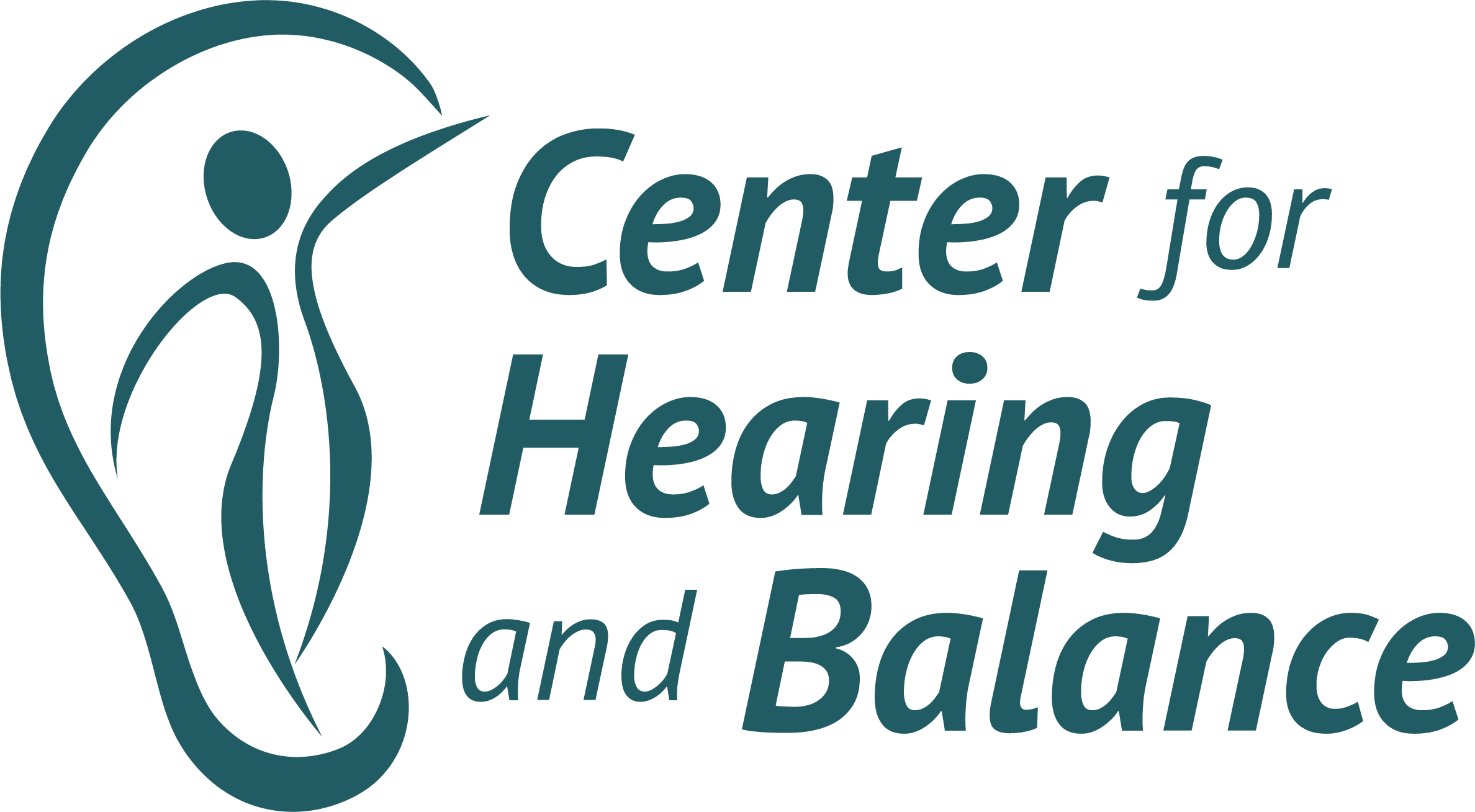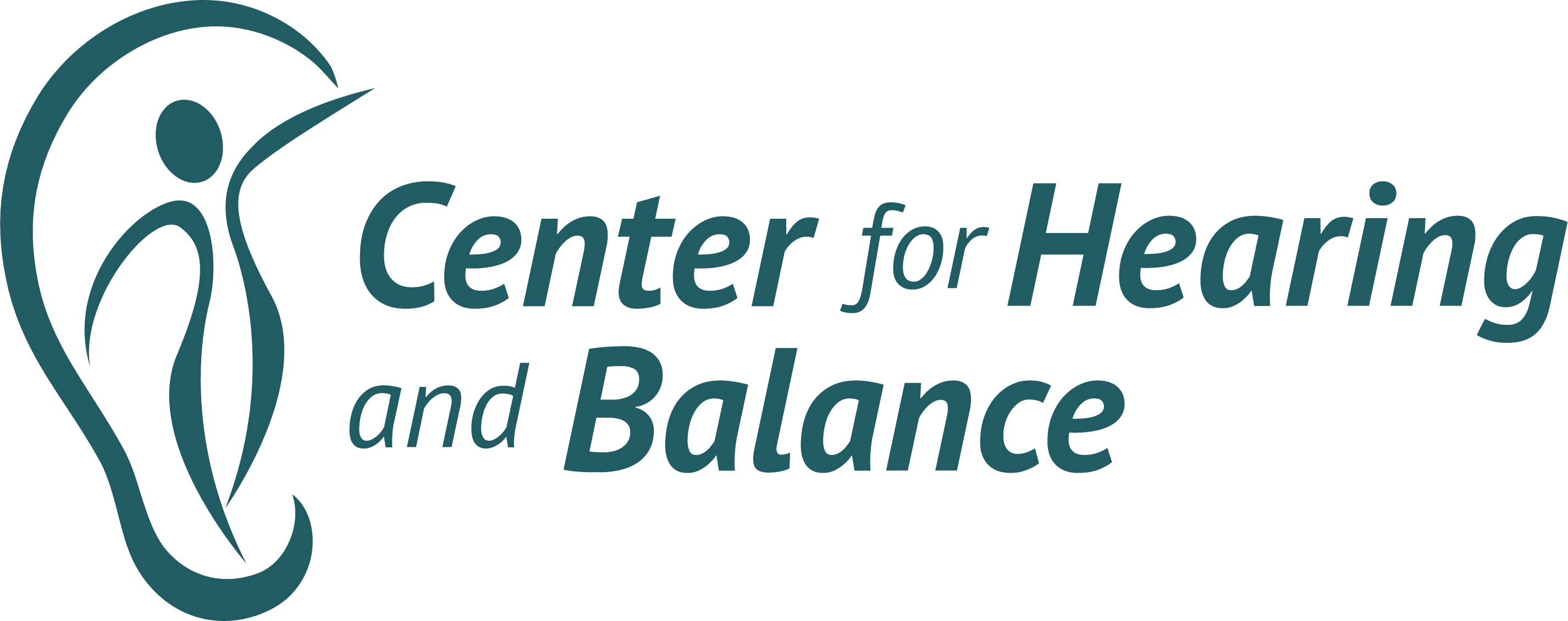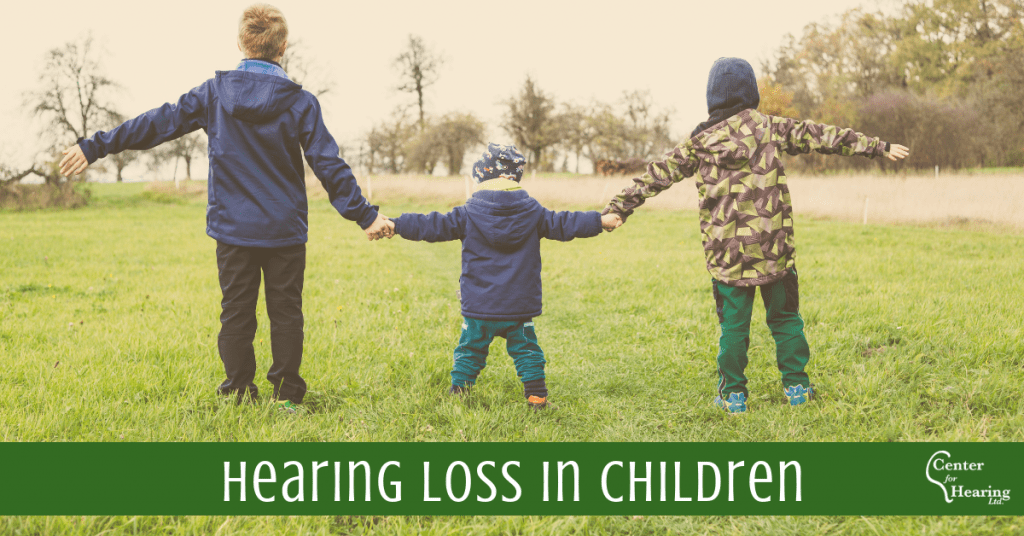While data varies, Healthy Hearing’s article, “Hearing Loss in Children” lays out some statistics based on various studies reported by the Centers for Disease Control and Prevention (CDC):
- “Roughly 1.4 babies per 1,000 newborns have a hearing loss.”
- “Five out of every 1,000 children are impacted by hearing loss, with cases being diagnosed between ages three and 17.”
- “At least 12.5 percent of children and adolescents ages six to 19 have suffered permanent damage to their hearing due to excessive noise exposure.”
Signs
The CDC list some of the signs to look out for in babies and in children that may indicate he or she has hearing loss:
Signs in Babies
- Does not startle at loud noises.
- Does not turn to the source of a sound after 6 months of age.
- Does not say single words, such as ‘dada’ or ‘mama’ by 1 year of age.
- Turns head when he or she sees you but not if you only call out his or her name. This sometimes is mistaken for not paying attention or just ignoring, but could be the result of a partial or complete hearing loss.
- Seems to hear some sounds but not others.
Signs in Children
- Speech is delayed.
- Speech is not clear.
- Does not follow directions. This sometimes is mistaken for not paying attention or just ignoring, but could be the result of a partial or complete hearing loss.
- Often says, ‘Huh?’
- Turns the TV volume up too high.
A delay in any speech and hearing milestones could also be a sign of hearing loss. Visit the American Speech-Language-Hearing Association’s (ASHA) speech, language, and hearing development page to learn more.
Causes
According to Healthy Hearing’s article, there are several possible causes for both congenital hearing loss (present at birth) and acquired hearing loss (occurs after birth). About 25% of congenital hearing loss cases are caused by non-genetic factors, while “genetic factors cause more than 50 percent of all hearing loss in children, whether the loss is present at birth or manifests later in life.”
Impact
ASHA’s article, “Effects of Hearing Loss on Development” lists four major ways in which hearing loss affects children:
1. “It causes delay in the development of receptive and expressive communication skills (speech and language).”
2. “The language deficit causes learning problems that result in reduced academic achievement.”
3. “Communication difficulties often lead to social isolation and poor self-regard.”
4. “It may have an impact on vocational choices.”
According to ASHA, “The earlier the problem is identified and intervention begun, the less serious the ultimate impact.” If you think your child may have hearing loss, it is important to have your child’s hearing tested immediately. The audiologists at Center for Hearing specialize in hearing treatment for both adults and children. Contact us to make an appointment today so we can help find the right treatment for your child.


